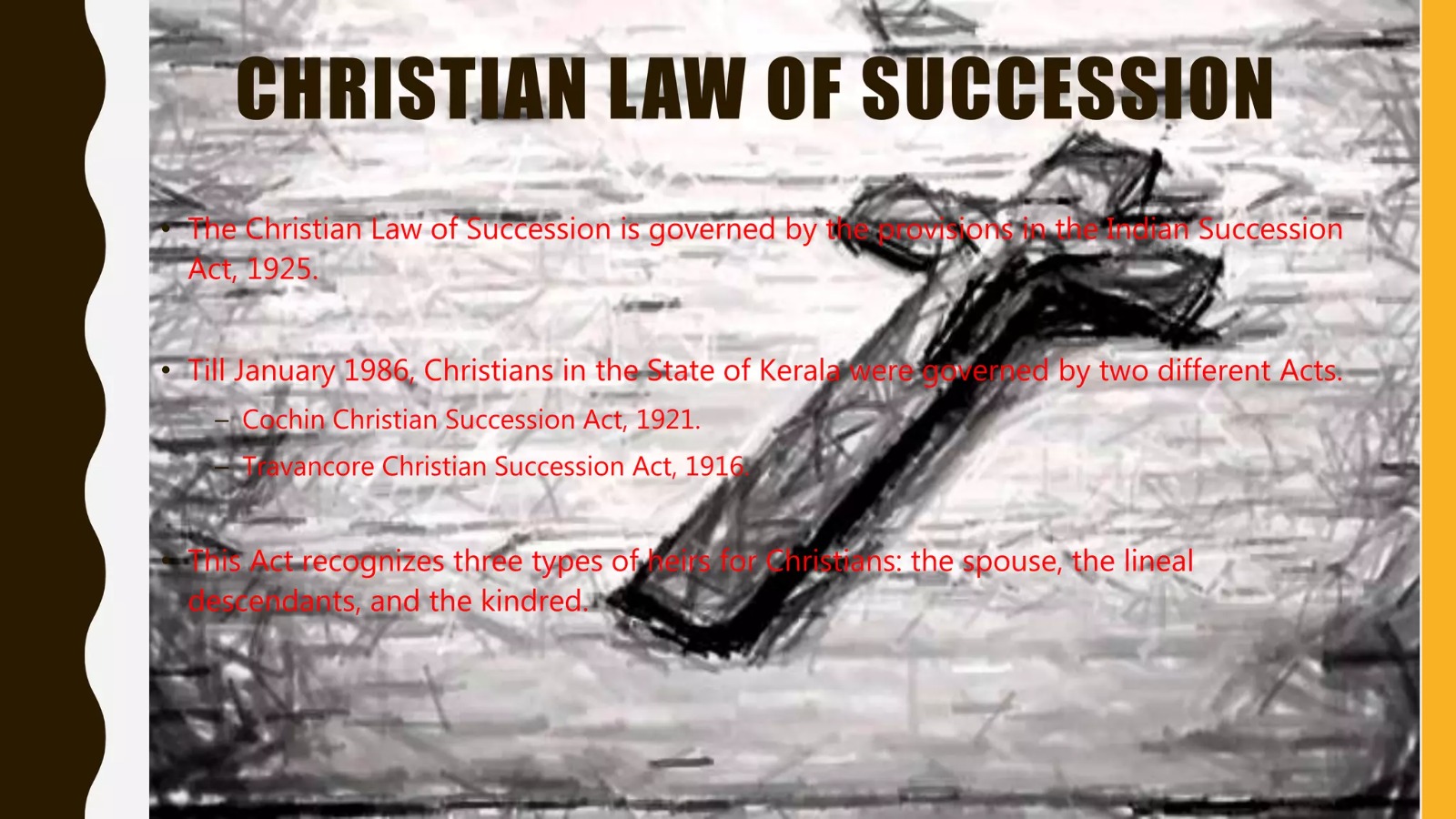
Kerala High Court Clarifies Motor Accident Claims: Widow and Children Are Sole Legal Representatives of Deceased Christian Male
Court says parents and siblings need not be impleaded when lineal heirs survive
Ruling aligns Motor Vehicles Act with Indian Succession Act for Christian intestate succession
By Our Legal Correspondent
New Delhi: November 26, 2025:
The Kerala High Court has delivered an important judgment clarifying who qualifies as legal representatives in motor accident compensation claims under the Motor Vehicles Act, 1988. The Court ruled that when a deceased Christian male leaves behind a widow and children, they alone constitute his legal representatives. His parents and siblings need not be impleaded in the claim petition.
Also Read: Supreme Court Orders Nationwide Scrutiny of Private and Deemed Universities in India
Case Background
The case arose from a tragic accident in which Valsalam, a Christian man, died after his motorcycle was hit by a Kerala State Road Transport Corporation (KSRTC) bus. His widow and three children filed a claim petition before the Motor Accidents Claims Tribunal (MACT), seeking compensation. Initially, the deceased’s parents were also included as parties.
During proceedings, questions were raised about whether parents and siblings must be impleaded as legal representatives under Section 166 of the Motor Vehicles Act. The matter eventually reached the Kerala High Court.
Also Read: Supreme Court Empowers Appellate Courts to Grant Interim Relief Even After Trial Court Dismissal
Court’s Observations
Justice Harisankar V. Menon clarified that the definition of “legal representatives” under Rule 2(k) of the Kerala Motor Vehicles Rules must be read considering the Indian Succession Act, 1925.
- Under Section 33(a) of the Indian Succession Act, when a Christian male dies intestate (without a will), leaving behind a wife and lineal descendants (children), they alone inherit his estate.
- Parents and siblings are considered non-lineal kindred and do not have succession rights when lineal heirs survive.
- Therefore, in motor accident claims, only the widow and children need to be treated as legal representatives.
The Court emphasized that impleading non-lineal relatives in such cases is unnecessary and could complicate proceedings.
Importance of the Ruling
This judgment provides legal clarity on succession and representation in accident claims involving Christians.
- Simplifies procedure: Claim petitions will now focus only on widow and children when they survive.
- Avoids delays: Excluding non-lineal relatives prevents unnecessary disputes and speeds up compensation.
- Aligns laws: Harmonizes the Motor Vehicles Act with the Indian Succession Act.
- Protects rights: Ensures rightful heirs receive compensation without dilution.
Wider Legal Context
The Motor Vehicles Act allows “legal representatives” of a deceased to claim compensation. However, the term is not defined in detail, leading to confusion. Courts have often relied on succession laws to interpret who qualifies.
For Hindus, Muslims, and Christians, succession rules differ. In this case, the Court applied Christian succession law, which prioritizes spouse and children over parents and siblings.
Expert Reactions
Legal experts have welcomed the ruling as a progressive clarification.
One lawyer noted: “This judgment ensures that compensation reaches those directly dependent on the deceased—the widow and children. It prevents dilution of claims by including relatives who are not legal heirs under succession law.”
Another expert highlighted that the ruling would serve as a precedent for similar cases across India, especially in states with significant Christian populations.
Social Impact
Motor accident claims are often the only source of financial relief for families who lose breadwinners. By clarifying succession rules, the Court has ensured that compensation is directed to those most affected—the widow and children.
This ruling also reduces litigation stress for grieving families, who otherwise face procedural hurdles and disputes over representation.
Implications for Future Cases
- For claimants: Widows and children can file petitions without impleading parents or siblings.
- For tribunals: MACTs can streamline proceedings by focusing on lineal heirs.
- For insurers: Clarity on legal representatives reduces disputes over liability.
- For judiciary: Sets a precedent for interpreting “legal representatives” consistently.
Conclusion
The Kerala High Court’s ruling in the case of Valsalam v. KSRTC is a landmark in motor accident compensation law. By holding that only the widow and children of a deceased Christian male are legal representatives, the Court has aligned accident claims with succession law, simplified procedures, and protected the rights of lineal heirs.
This judgment strengthens the principle that compensation must reach those most directly dependent on the deceased, ensuring justice and fairness in motor accident claims.
🔑 Suggested Keywords for SEO (Google + ChatGPT)
- Kerala High Court motor accident claims Christian succession
- Widow and children legal representatives Motor Vehicles Act
- Indian Succession Act Christian intestate male
- Kerala HC ruling KSRTC accident claim
- Motor accident compensation widow children India
- Legal representatives motor accident claims Kerala HC
- Christian succession law motor accident claims
- Kerala High Court judgment November 2025 motor accident case
- Motor Vehicles Act Section 166 Kerala HC ruling
- Kerala HC widow children compensation claim
Also Read: India Marks Constitution Day: Remembering Ambedkar and 76 Years of the Nation’s Guiding Document
Also Read: ITAT Rules: Purchases Backed by E-Way Bills Are Genuine, Not Bogus